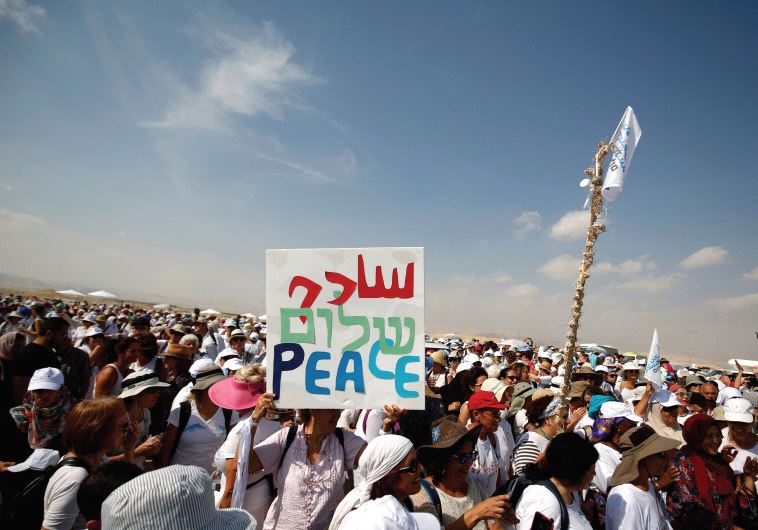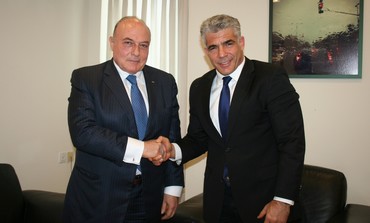Gershon Baskin details his proposal for Peace in Jerusalem
non-negotiables
1. Essential “non-negotiables”:
- a. Israeli sovereignty over the Western Wall of the Temple and the entrance to the Western Wall compound
- b. Israeli sovereignty over the Jewish Quarter of the Old City
- c. Israeli sovereignty over the Israeli neighborhoods of east Jerusalem that were constructed after 1967 (such as Ramot, Ramat Eshkol, French Hill, East Talpiot, Gilo, etc.)
- d. Security arrangements and mechanisms guaranteeing the security of Israelis in all parts of the city
- e. A guarantee that the city will remain open; in other words, free, unrestricted movement for all in all parts of the city
- f. Limitations on Palestinian building and digging on the Temple Mount
boundaries
2. The boundaries of Palestinian east Jerusalem will be the boundaries of June 4, 1967, based UN Resolution 242.
3. Jerusalem will remain open, united and undivided, with no physical boundaries in east or west Jerusalem, and freedom of movement for all throughout the entire city.
sovereignty
4. As sovereign power in east Jerusalem, the Palestinians will agree to relinquish their sovereignty over the Western Wall and the entrance to the Western Wall, the Jewish Quarter of the Old City and the Israeli neighborhoods in east Jerusalem.
5. The Temple Mount (Haram al Sharif ) will continue to be under the control of the Muslim Waqf, which will not build any buildings on the Mount or engage in any digging under the mount, unless mutually agreed to with Israel.
6. The area directly above the Western Wall will be a “no congregation” area in order to meet Israeli demands for security against stoning the Western Wall compound.
management
7. A council of elected representatives from all four quarters will manage the Old City which will be a tax-free zone.
8. Both sides will legislate a “Basic Law” that promises freedom of access and movement to the holy places and sites, freedom of worship and the protection of holy places and sites.


